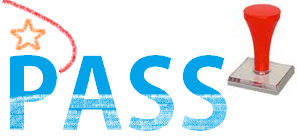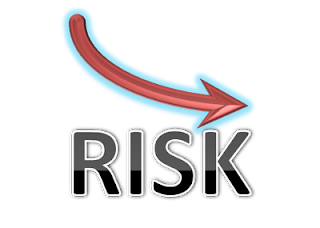PMP (Project Management Professional) is one exam which you cannot pass just by reading the books or having great experience as a project manager or as a project team member. It requires hard work, dedicated effort, good understanding of the project management concepts and thorough knowledge to apply the learnt concepts to practical project scenarios.
Take As Many Tests As You Can
The most important thing I would recommend for passing the PMP examination is to try and answer as many questions as possible. You cannot pass this exam without getting your hands dirty. Let us not get negative here. You will PASS the PMP exam if you prepare well, take as many tests as possible, find your shortfalls/ knowledge gaps, update your knowledge where you are weak, continue with more mock tests.
Number of Questions in Each Attempt
It is not necessary that you need to always take a full-length mock test. Keep yourself a simple target; everyday, I will try to answer 10 to 15 PMP questions. After completing the set target of PMP questions, go through your answers. Review why you could not answer a particular question or why you have answered wrongly or even how you got it right. This review exercise is very important to reinforce your understanding and further learning. Several candidates are merely interested in how much they scored; rather than having deep insight into their answers. Don't commit this mistake.
Time Factor for PMP Preparation
Another excuse candidates generally throw at me is "I don't have time; I am busy in my project. I have my family". Yes, I understand. Please understand that you are not the only person who is busy in this world. You wanted this PMP certification under your belt. So, no point giving excuses. When I was preparing the PMP exam few years ago, I used to be in a similar situation. I sat in a corner for a moment and told myself that I need to cross this hurdle whatever happens.
Plan Your Time
Once I committed myself, I allocated about 15 minutes of my lunch break to answer about 5 to 10 questions everyday. I normally used to relax myself during this time browsing the internet, having a chat with my colleagues or take a nap. I sacrificed this for PMP. As the exam date got nearer, I spent about half an hour at home answering another 15 questions. This way, I was in constant touch with the topics.
Monitor & Control Your Preparation
Appearing for your PMP examination is in itself a project. So, don't forget to apply the PMP concepts. It is not sufficient for you to just plan and execute. It is also necessary for you to monitor and control your progress. I monitored my progress with an Excel spreadsheet. I used to note down date wise, the number of questions attempted, time taken and the score. This helped me to understand whether I am really progressing well.
As some people put it, PMP does not only stand for Project Management Professional; it also stands for Practice Makes Perfect. So, go ahead plan your studies, execute them well, monitor and control; you will successfully pass the PMP examination in your first attempt.
Do you agree with my approach? What have you done for your PMP exams? Or what are you planning for your exam? Please feel free to share your experience.





